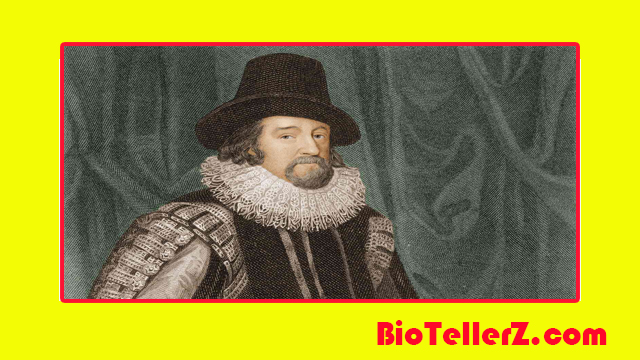
Francis Bacon
Young Age
Early Career
Gray’s Inn, one of the four London Inns of Court that served as centers for legal education, had accepted Bacon as an “ancient” (senior governor) in 1576. He moved in in 1579 and after passing the bar exam in 1582, worked his way up to the positions of solicitor general and attorney general by holding the positions of reader (lecturer at the Inn), bencher (senior member of the Inn), and extraordinary queen’s (from 1603, king’s) counsel. He still had political and philosophical aspirations, though, despite having a prosperous legal career.
Essex
However, before July 1591, Bacon had already met Robert Devereux, the young earl of Essex who, despite continuing to face the queen’s disapproval as a result of his illegitimate union with the widow of Sir Philip Sidney, was a favorite of the monarch. With the earl being the “best instrument to do good to the State,” Bacon offered Essex the amicable advice of a more experienced, knowledgeable, and skillful man. “. Essex enthusiastically, but ineffectively, backed Bacon’s legal defense when the position of attorney general became open in an effort to placate the queen. The high positions Essex had suggested giving Bacon were not given.
Essex had become more difficult to manage by 1598 as a result of his failure in an expedition against Spanish treasure ships. Bacon made every effort to divert Essex’s attention to Ireland, where the populace was revolting, but this effort was only partially successful because Essex lost his composure when things went wrong and he returned against orders. Despite his best efforts, Bacon only served to exacerbate the situation; in June 1600, he found himself acting as the queen’s knowledgeable counsel in his patron’s unofficial trial. No ill will existed between Essex and him, and after his release, they quickly reestablished friendly contact. After Essex’s failed attempt to seize the queen and coerce her into firing his rivals in 1601, Bacon wrote the official report on the incident. Essex was a traitor in Bacon’s eyes because he was ignorant of the project. However, this was significantly altered by others before publication.
Career with James
Following the death of Elizabeth in 1603 and using his letter-writing skills, Bacon was able to find employment and a place for himself in James I’s service. He pointed to his interest in Irish affairs, the unification of the kingdoms, and the church’s pacification as proof that he had much to offer the new king.
Bacon was one of the 300 new knights made in 1603, thanks to the influence of his cousin Robert Cecil. The following year, he was recognized as an experienced lawyer and took part in the opening discussions of the first Parliament of the new monarchy. He was also a commissioner for the union negotiations with Scotland. After publishing his Advancement of Learning in the autumn of 1605 and dedicating it to the king, he wed Alice Barnham, a London alderman’s daughter, in the summer of 1606.
His petitions and his persistent but unsuccessful attempts to persuade the Commons to support the king’s proposals for union with Scotland were finally rewarded with the position of solicitor general in June 1607, but he was still denied preference in the royal service. He eventually came to blame Cecil, the king’s then-chief minister and the earl of Salisbury, for his dominance and resentment because he had little political influence even then. In addition to the Essayes, his De Sapientia Veterum (“The Wisdom of the Ancients”) proved to be his most well-known work during his own lifetime. It was published in 1609. He described what he thought to be the myths’ subtextual practical meaning in it. The New Atlantis appears to have been started by him in 1614, but it wasn’t published until 1626. It is a comprehensive scientific utopian work.
Related Posts
Donald Trump – Best Guide in 2023
